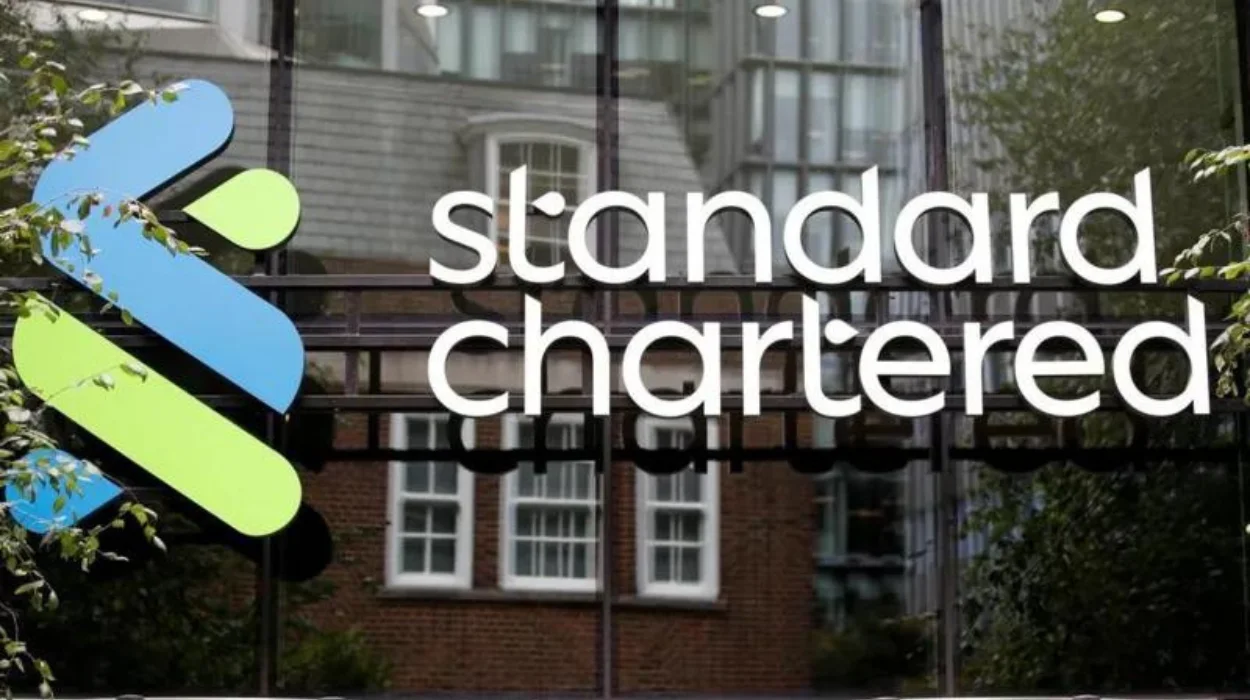Recent court documents in the U.S. have brought serious allegations against Standard Chartered, one of the largest banks in the UK. The bank is accused of facilitating billions of dollars in transactions that allegedly funded terrorist organizations, raising significant concerns about compliance and oversight in the banking sector.
The legal filings claim that between 2008 and 2013, Standard Chartered conducted thousands of transactions totalling over $100 billion that violated U.S. sanctions imposed on Iran. An independent expert’s analysis has highlighted approximately $9.6 billion in foreign exchange transactions connected to individuals and entities identified by the U.S. government as supporters of groups such as Hezbollah, Hamas, al-Qaeda, and the Taliban.
This scandal isn’t new for Standard Chartered. In 2012, the bank was embroiled in accusations of falsifying transaction data on the SWIFT international payment network, which allowed it to transfer substantial sums through its New York branch on behalf of sanctioned bodies, including the Central Bank of Iran. Despite these serious allegations, the U.S. Department of Justice decided not to prosecute the bank after a secret intervention by then-Chancellor George Osborne, part of the government led by Lord Cameron.
While the bank has faced scrutiny and has twice admitted to breaching sanctions—first in 2012 and again in 2019—resulting in fines exceeding $1.7 billion, it has consistently denied knowingly conducting transactions for terrorist organizations. In response to the latest allegations, Standard Chartered has labeled the claims from whistleblowers as “thoroughly discredited” by U.S. authorities.
As these allegations unfold, the implications for Standard Chartered and the broader financial industry could be profound, highlighting the need for rigorous compliance measures and accountability in international banking practices. The question remains: how will this impact the bank’s operations and reputation moving forward?


